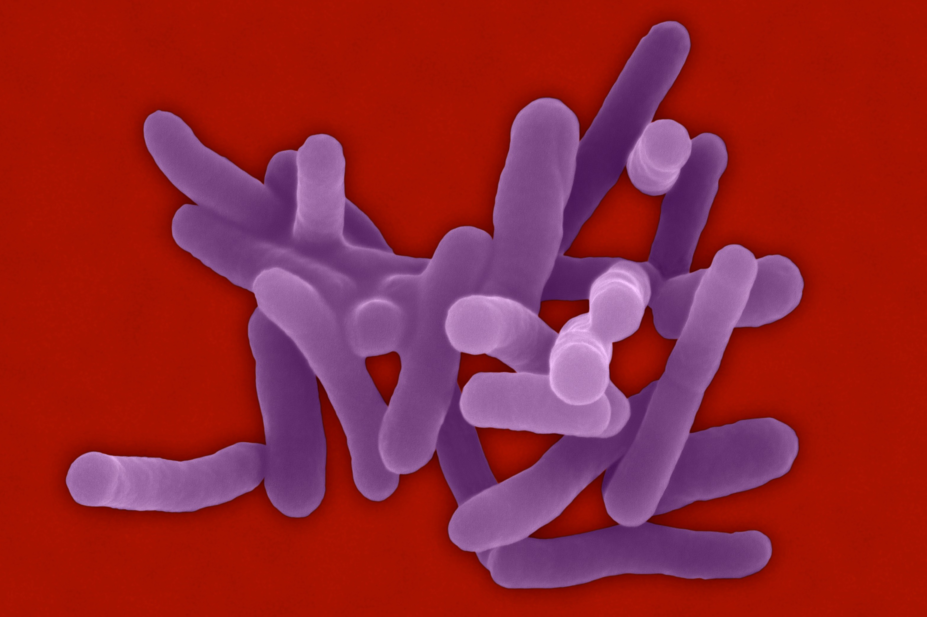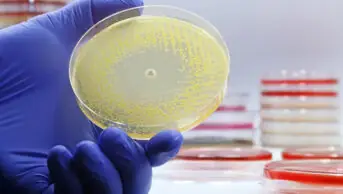
Dennis Kunkel Microscopy / Science Photo Library
Shigella are Gram-negative bacteria that can cause intestinal disease and are often associated with “traveller’s diarrhoea”. Like many pathogens, Shigella are increasingly becoming resistant to antibiotics.
To investigate, researchers studied the ability of a predatory bacterium called Bdellovibrio, which is able to kill Gram-negative bacteria, to control drug-resistant Shigella infection in zebrafish larvae.
Reporting in Current Biology
[1]
(online, 23 November 2016), the team found that Bdellovibrio injection resulted in increased pathogen clearance, and about a 50% reduction in zebrafish mortality 72 hours following Shigella infection. This resulted from the direct killing action by the predatory bacterium synergising with the innate immune system of the host.
The researchers conclude that their results show that this type of “living antibiotic” could hold potential for tackling the rise of antimicrobial resistance by harnessing host-microbe cooperation.
References
[1] Willis AR, Moore C, Mazon-Moya M et al. Injections of predatory bacteria work alongside host immune cells to treat Shigella infection in zebrafish larvae. Current Biology 2016. doi: 10.1016/j.cub.2016.09.067


